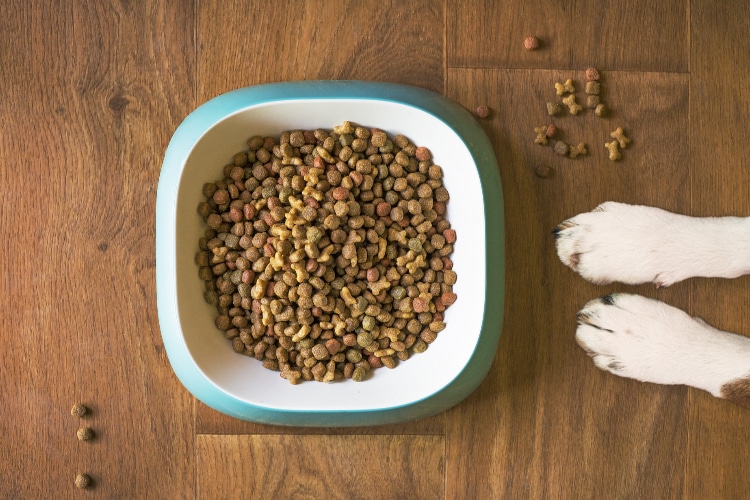
Acupuncture for Pets: Should Your Pet Try Acupuncture?
Holistic veterinarians say they believe in what they do, despite a lack of scientific evidence that the tools of their trade.
Types of Holistic Treatments for Pets
- Acupuncture
- Herbal medicines
- Homeopathy
- Other complementary/alternative therapies
These treatments prevent or cure illness in pets.
For them, the proof is in the way an arthritic dog bounds out of the office after a round of acupuncture, or how a dog’s dangerous fungal infection clears up completely with homeopathic treatment. But holistic veterinarians also understand the limits of such therapies and say they use them alongside more conventional ones.
“We talk about ‘complementary’ rather than ‘alternative,’ because each type has something good that contributes to the whole,”says veterinarian Nancy Scanlan, DVM, CVA, MSFP. Scanlan uses acupuncture, massage, and herbal remedies in her practice at Shasta Lake Veterinary Clinic in Shasta Lake, Calif.
With scant funding for clinical studies to test the effectiveness of such therapies, holistic veterinarians say they will continue to go with their gut, using less invasive and more natural approaches to boost the health of their furry patients.
Acupuncture
Scanlan, who works closely with the American Holistic Veterinary Medical Association, says acupuncture has overtaken herbal and homeopathic medicine in popularity among vets.
Used most often to treat pain, acupuncture is an ancient Chinese therapeutic technique in which small-gauge needles are applied to various points on the body to stimulate nerves, improve appetite, increase circulation, relieve muscle spasms, and reduce nausea.
The needles can be used with or without an electric current. The results from research into veterinary acupuncture range from inconclusive to somewhat promising. One recently published report found significant improvement in the mobility and spinal posture in a cat with intervertebral disc disease that did not improve with high doses of cortisone. Cornell University veterinarian Andrea Looney, DVM, DACVA, became a certified acupuncturist in 1994. She uses acupuncture mainly to control pain in animals, especially if it is arthritis-related.
Used with physical rehabilitation and a good diet, she considers acupuncture as effective as nonsteroidal pain relievers “without all the ill effects.” Although her colleagues might consider it “crap,” Looney says, acupuncture is relatively inexpensive and appears to be harmless.
In the short term, Looney says, she can tell acupuncture helps an animal feel better immediately by an increase in appetite and the way a dog wags its tail and carries its ears. “We get animals through a rough time and maybe occasionally they need a realignment. We have a lot of big dogs that feel better after their treatment,” she says.






